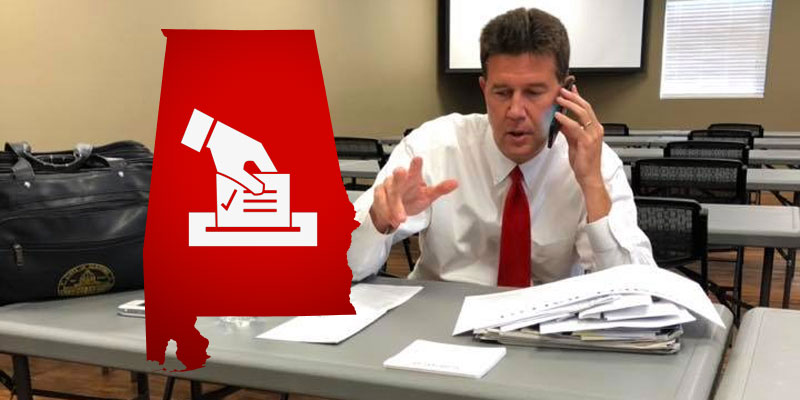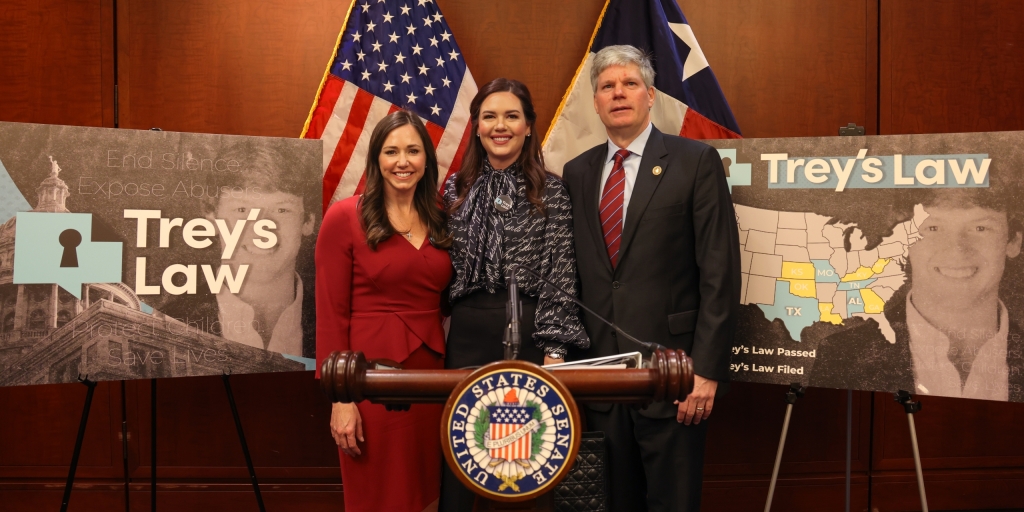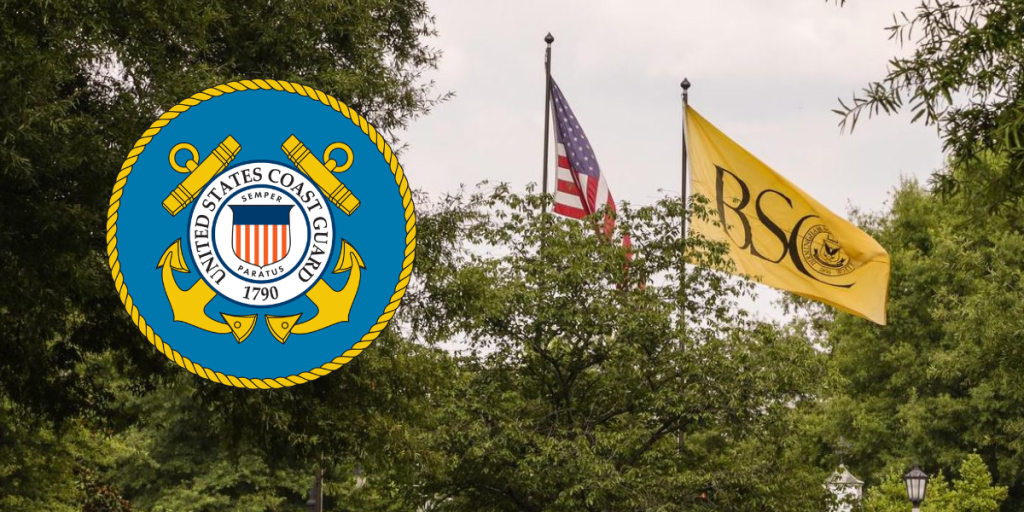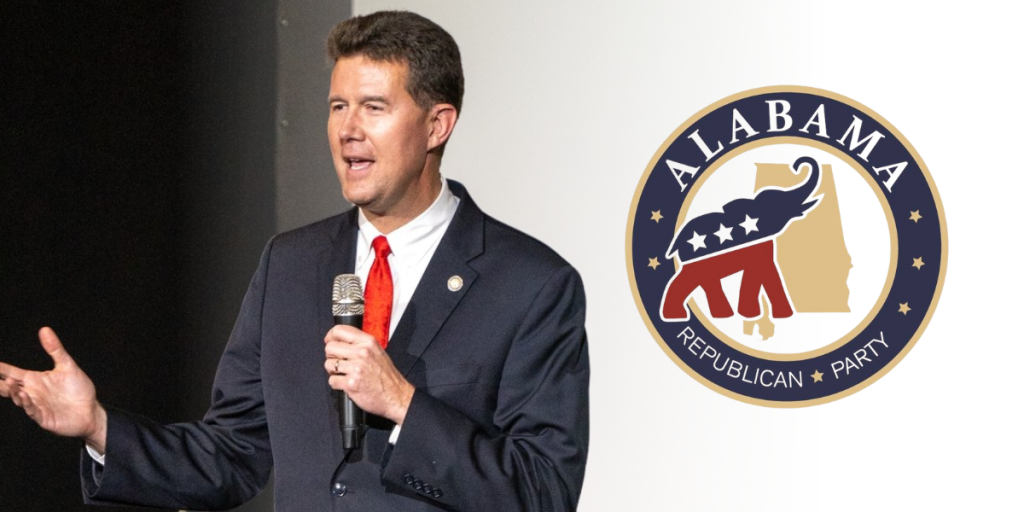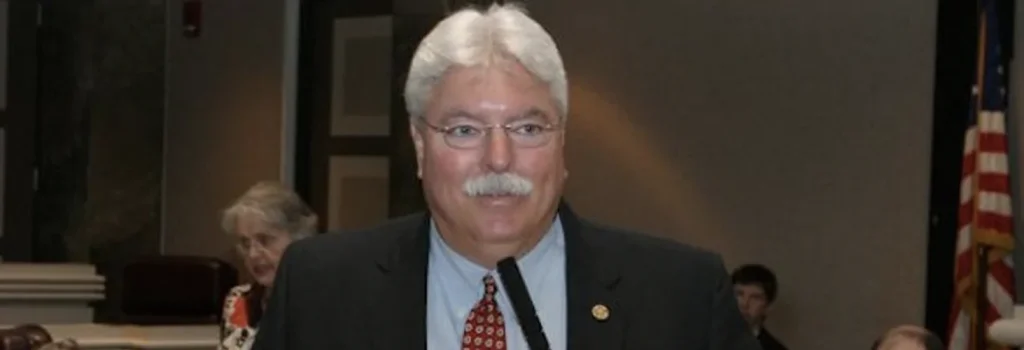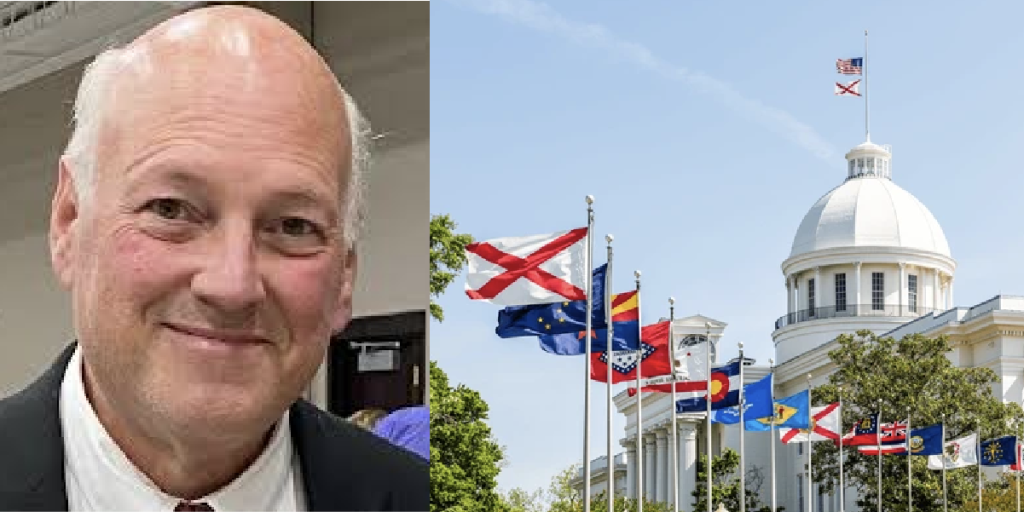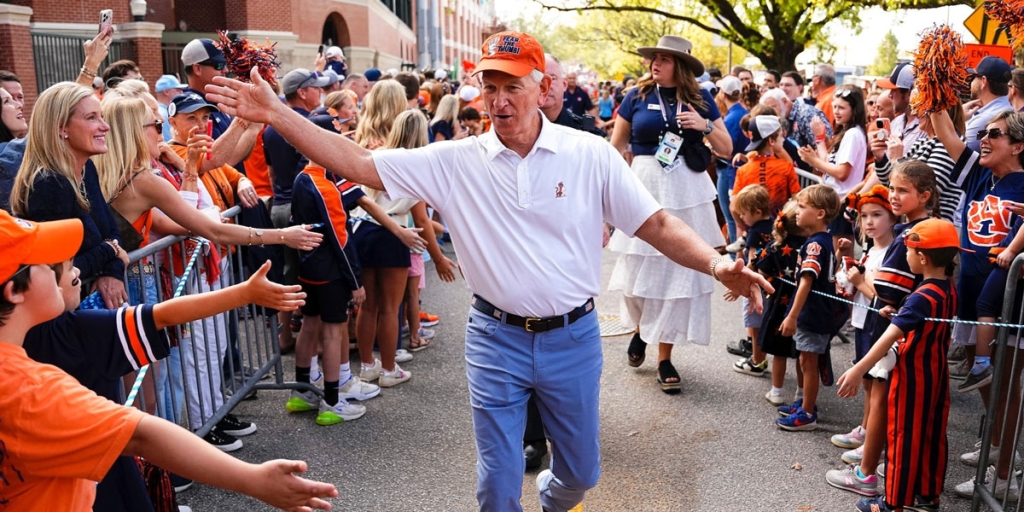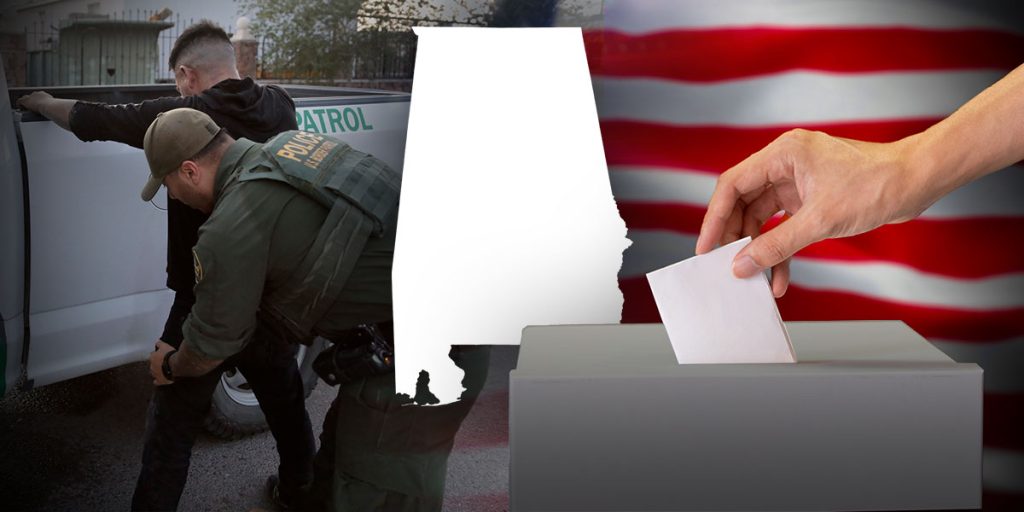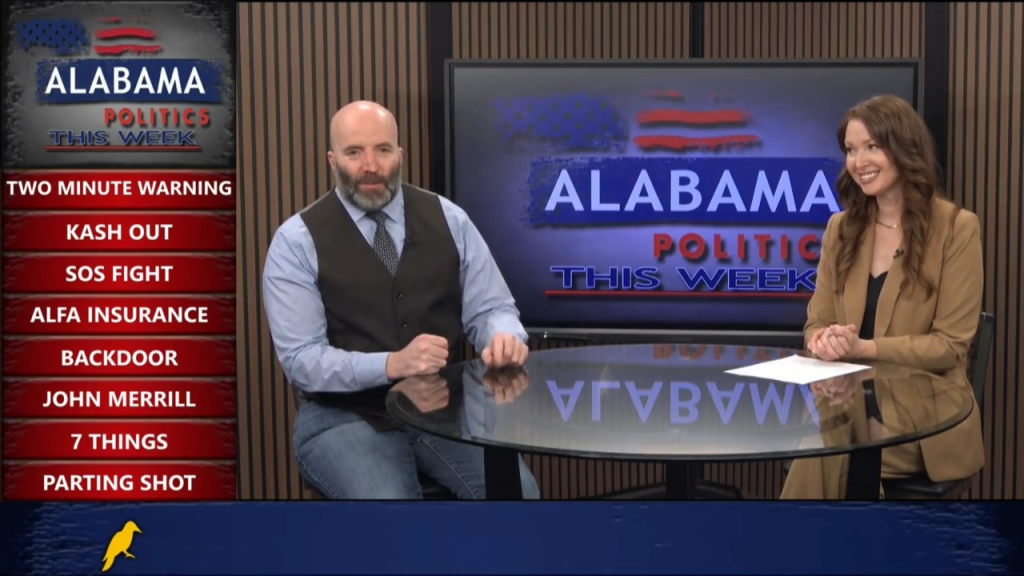Alabamians have again been reminded that federal judges can have a huge impact right here at home.
Judge Abdul Kallon of the Northern District of Alabama on Wednesday released a ruling in which he voided certain absentee balloting requirements for the November 3 general election.
State law requires that each absentee ballot be notarized or signed by two witnesses to be valid. However, Kallon, an appointee of then-President Barack Obama, ruled that those with underlying medical conditions need only to provide a statement saying so to be able to ignore this portion of state law.
Next, the judge waived the requirement, which is also a state law, that all absentee voters must submit a copy of their valid photo identification when applying for an absentee ballot. Kallon only waived this requirement for certain classes of voters, such as those 65 and older, and people with disabilities.
Finally, the ruling allows curbside voting on November 3. Curbside voting is not provided for by state law.
Kallon previously attempted to impose this ruling for the July primary runoff elections in the state, however he was thwarted by the Supreme Court of the United States.
The NAACP Legal Defense & Educational Fund, Inc. (LDF), Southern Poverty Law Center (SPLC) and the Alabama Disabilities Advocacy Program (ADAP) are involved in the case on behalf of the plaintiffs: People First of Alabama, Greater Birmingham Ministries and the Alabama NAACP.
Secretary of State John Merrill, as Alabama’s chief elections official, was named as the lead defendant in this case. The Alabama Attorney General’s Office has been representing the State in this matter.
In a statement to Yellowhammer News on Wednesday afternoon, Merrill advised that the State will once again go through the appellate process. In a separate statement, Attorney General Steve Marshall confirmed that the case will be appealed to the U.S. Court of Appeals for the 11th Circuit.
Merrill stated, “I am extremely disappointed in today’s ruling in the case of People First of Alabama v. Merrill relating to the November 3 General Election. Judge Kallon’s ruling to disallow the Secretary of State from prohibiting an illegal activity known as ‘curbside voting’ undermines the integrity of the elections process and the ability for Alabamians to cast a secret ballot as the chain of custody is then broken.”
“It is important to remember that counties are in no way required to offer the illegal activity known as ‘curbside voting.’ In addition, the photo ID and witness requirement components are necessary deterrents for those wishing to illegally influence elections,” he continued.
The secretary of state expressed optimism that this “judicial activism” will be overcome.
“We look forward to successfully appealing this decision as we continue fighting for safe and secure elections – free from voter fraud and judicial activism,” Merrill concluded.
Attorney General Marshall bashed the ruling in a lengthy statement.
“Once again, a federal district court has sided with those making unsupported claims that Alabama’s absentee voter requirements of a photo ID and witness signatures place voters at risk from COVID-19,” the attorney general said. “In addition to the fact that voters have nearly two months to obtain and fill out an absentee ballot application — not to mention every eligible voter can choose to vote absentee — opponents presented no evidence that voting absentee poses any appreciable risk to voters’ safety or that any Alabama voters were unable to cast their absentee ballots in the July 14 runoff elections because of the challenged provisions.”
“The U.S. Supreme Court has explained, in Crawford v. Marion County Election Board, that the right to vote includes the right to vote in an election where ‘safeguards exist to deter [and] detect fraud [and] to confirm the identity of voters.’ Alabama’s long-standing requirements that absentee voters submit a copy of their ID when obtaining a ballot and secure two witness signatures on the envelope in which they return their ballot advance the State’s important interest in fair elections. And these requirements are easy to safely satisfy, even during the pandemic. Moreover, the Secretary of State’s judgment that curbside voting cannot currently be offered in accordance with State law should not be second-guessed just weeks before election day,” Marshall added.
After affirming that the requirements struck down by Kallon are indeed “important protections” for election integrity, the attorney general noted, “Voting began weeks ago. And every Alabama voter is entitled to vote under the same laws, not new ones written by a federal court in the middle of voting.”
Sean Ross is the editor of Yellowhammer News. You can follow him on Twitter @sean_yhn




